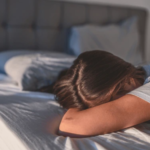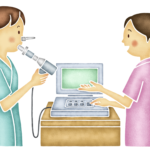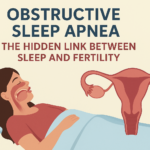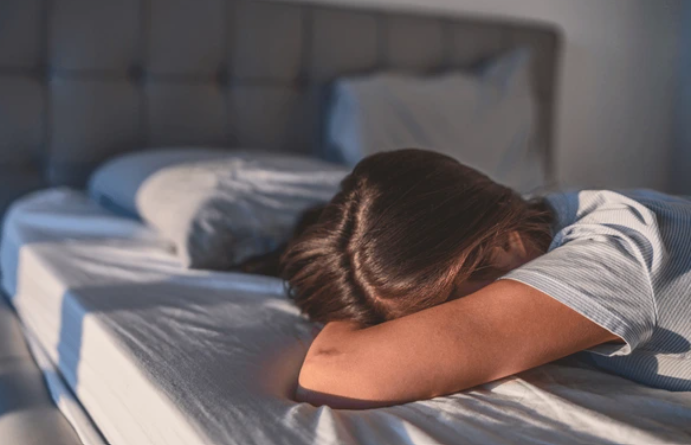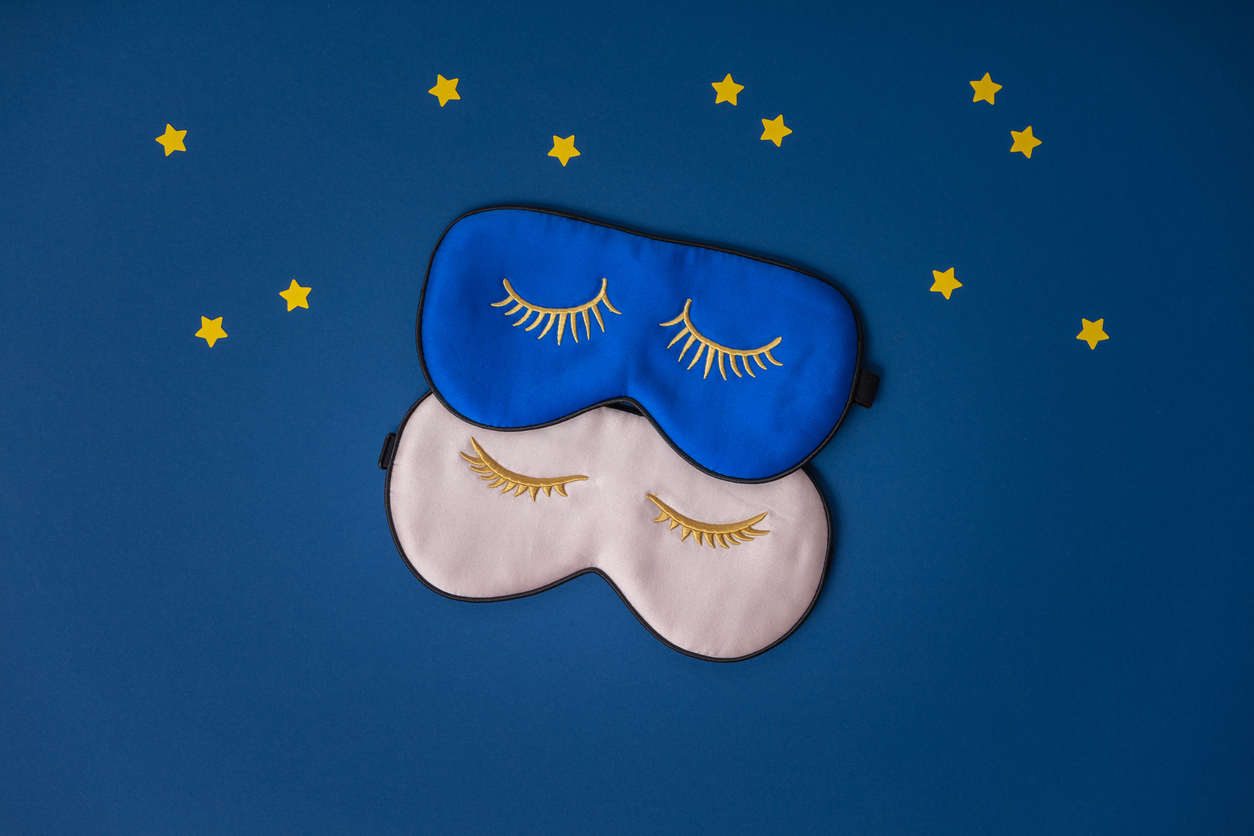Introduction
The nutrition you get from the food you eat not only affect your health and weight but also affects the kind of sleep you have at night. Along with the three main components- carbohydrates, proteins, and fats your diet must also contain micronutrients such as vitamins and minerals.
What you eat affects your sleep.
A lack of vitamins such as B6, B12, D, E can lead to sleep problems. Foods containing a lot of fat may interfere with your natural hormone levels which can then affect your sleep. Tryptophan is an amino acid that is converted into serotonin, a neurohormone that helps you sleep better. Dairy and meat products contain high levels of tryptophan and must be included in the diet if possible. Fruits rich in antioxidants can also help you sleep better.
When you eat affects your sleep.
Heavy meals should be avoided during the night. It is true that meals containing heavy carbohydrates make you feel drowsy, but they will affect your later stages of sleep as well as sleep quality. Caffeinated drinks such as coffee or tea should not be had less than 4 hours before bedtime. Consumption of alcohol can make you fall asleep much faster but it destroys the later stages of sleep. Spicy food must also be avoided at night as it can cause heartburn and wake you up from your sleep.
How you sleep affects what you eat.
If you sleep less then the following is sure to happen: a) You will be awake for a longer time, thus need more energy and b) You will end up eating more food. Not only that, the kind of food you eat will also not be healthy.
A study carried out in Japan found that people who slept for less than six hours a night showed more unhealthy eating choices and wore also more likely to eat out as compared to those who slept over six hours.
Sleep and food hormones: Ghrelin is a hormone that increases your appetite. After your meal, another hormone called leptin is released that gives you the feeling of satiety that tells you that you have eaten enough and your stomach is full. Numerous studies have shown that shorter sleep duration increases ghrelin and decreases leptin. This is also why a shorter sleep duration will make you consume more food.
Moreover, unhealthy eating causes weight gain and makes you more prone to suffering from sleep disorders such as Obstructive Sleep Apnea.
In conclusion, the right food choices will help you sleep better which in turn will help you eat better.
To seek help or know more about how nutrition affects your sleep, you can visit the Neurology and Sleep Centre, the 1st sleep centre in the country accredited by Indian Board of Sleep Medicine at L-23, Hauz Khas Enclave, New Delhi, Delhi-110016 (INDIA)
Or give a call on +91-11-46070321, +91-9643500270,
April 17th 2021|| Nutrition, Sleep


